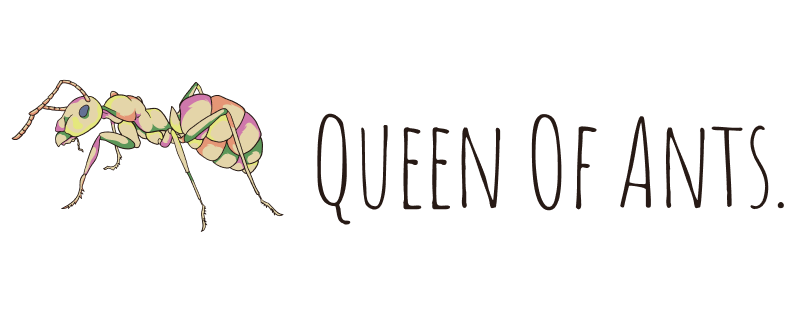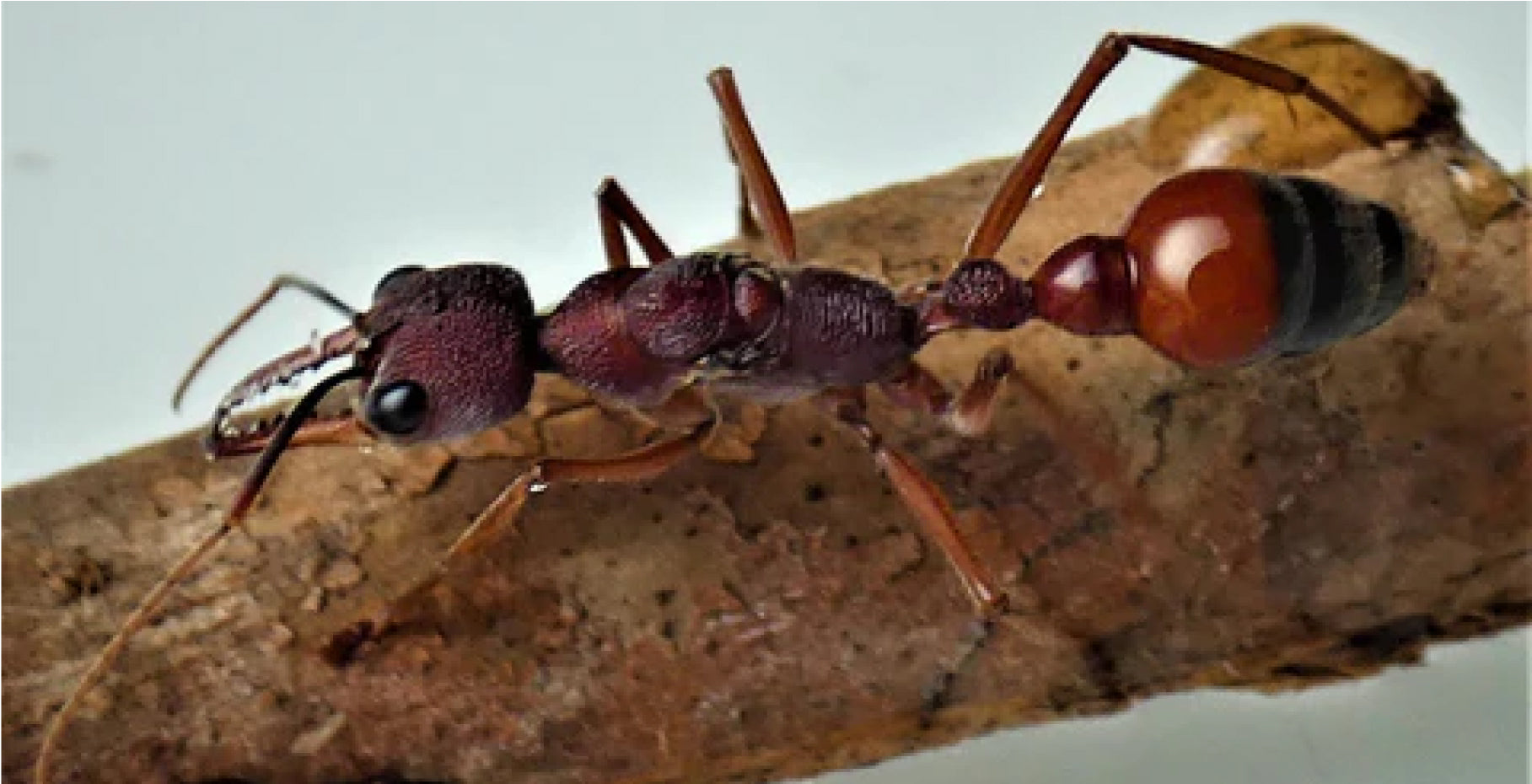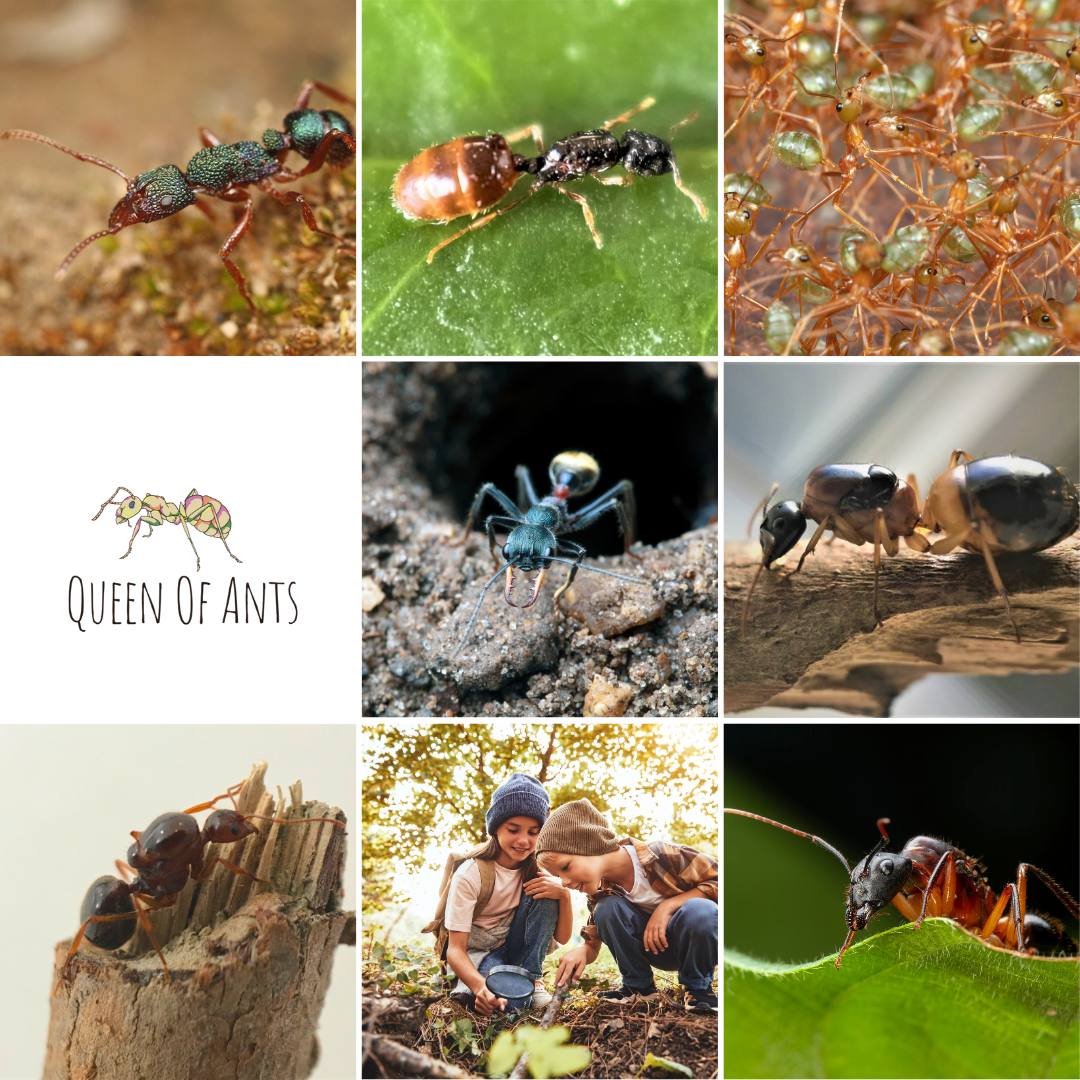Cultivating Patience: The Lesson of Ant Farms and the Value of Delayed Gratification

In a world where instant gratification reigns supreme, the humble ant farm stands as a testament to the rewards of patience and delayed gratification. Ant farms, those miniature worlds enclosed within a tiny house, offer a fascinating glimpse into the intricate workings of ant colonies. But beyond their scientific appeal, they also serve as a valuable tool for teaching children the virtue of patience.
In today's fast-paced society, where everything seems to move at the speed of light, teaching patience to children has become more important than ever. With the rise of smartphones, social media, and on-demand entertainment, the concept of waiting for something has become foreign to many young minds. However, the process of observing an ant colony slowly develop within the confines of an ant farm can instil in children a deeper understanding of the value of waiting.
Ant colonies don't develop overnight. It takes time for the queen ant to lay eggs, care for the eggs as they hatch into larvae. Then more time to feed the larvae until they grow big enough to pupate and spin a cocoon. Each day brings incremental progress, with the colony gradually expanding and evolving. In a world where instant results are often expected, watching an ant farm can be a powerful reminder that good things come to those who wait.
Observing the intricate social structure of ant colonies can teach children valuable lessons about cooperation, hard work, and perseverance. Ants work tirelessly for the greater good of their colony. Each ant plays a specific role in maintaining the colony's function. From foragers gathering food to nurses caring for the brood, every ant contributes to the collective success of the colony. This cooperative spirit serves as an inspiring example for children. It emphasizes the importance of teamwork and dedication.

One of the most significant benefits of ant farms is their ability to foster a sense of wonder and curiosity in children. As they observe the ants going about their daily tasks, children develop a natural inclination to ask questions and seek answers. They learn to observe, hypothesize, and draw conclusions. An essential skill set for future scientists, innovators, and critical thinkers.
Perhaps the most profound lesson that ant farms impart is the importance of delayed gratification. Unlike many aspects of modern life where instant rewards are the norm, ant farms teach children that some of the most meaningful experiences require time and patience. Waiting for the colony to grow, witnessing the ants' behaviours, and understanding the complexities of their social structure all require a willingness to invest time and attention.
In a society that often glorifies immediate results, teaching children the value of delayed gratification is more crucial than ever. By introducing them to the world of ant farms, parents and educators can instil in children a deeper appreciation for patience, perseverance, and the rewards that come with waiting.
So take a moment to reflect on the lessons of the ant farm. Embrace the act of patience. Enjoy the process of waiting. Remember that some of life's most meaningful experiences are worth the time it takes to cultivate them.




